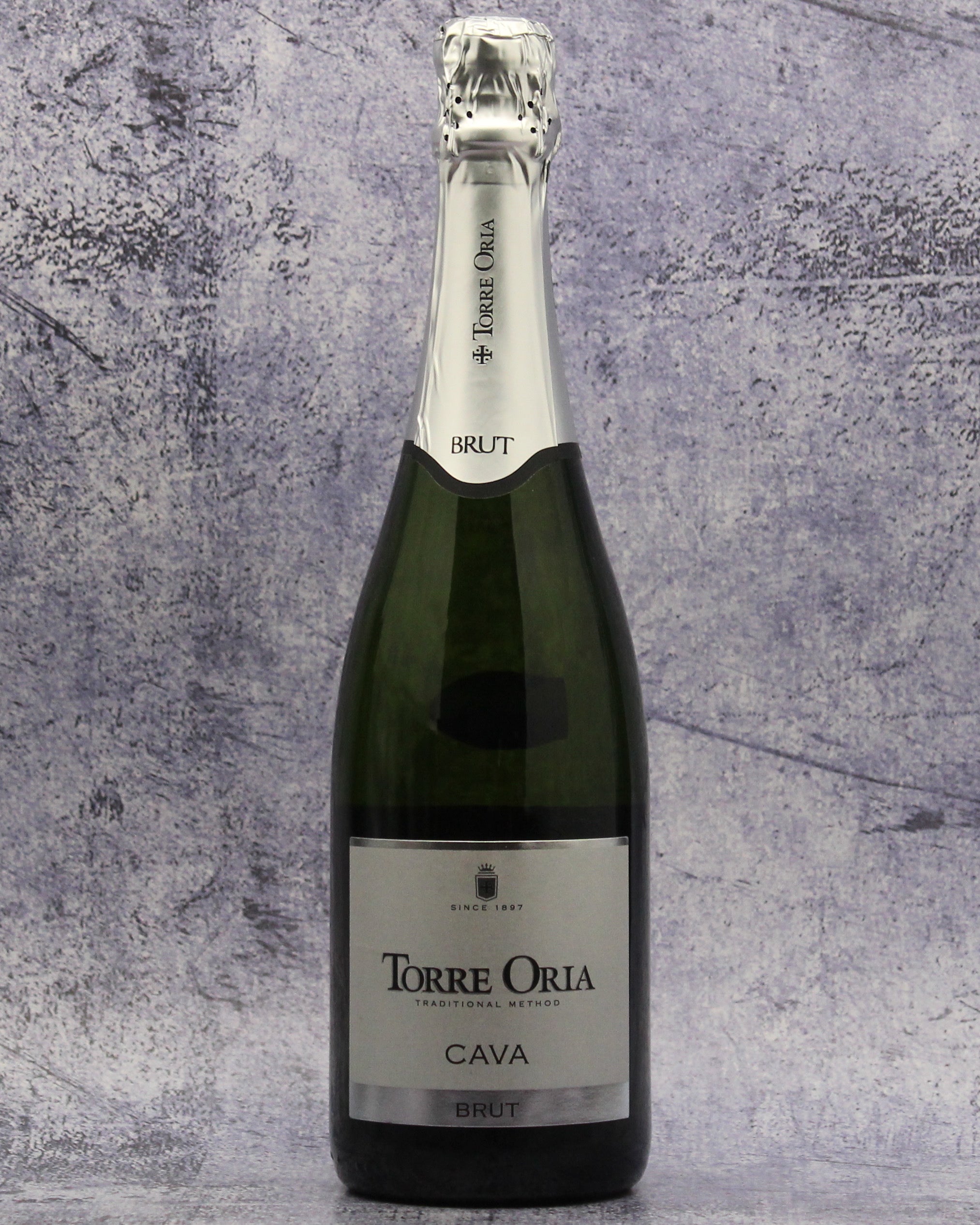Description
From: Utiel-Requena, Valencia, Spain
Varietal: Macabeo
Taste: In the glass, this exhibits a pale, brilliant straw-yellow color with subtle hints of green. On the nose, it offers a bouquet of white flowers, citrus, and delicate stone fruit notes, while flavors of peach, tropical fruits, and a hint of minerality greet the palate. The fine bubbles enhances its clean, dry finish.
Pairing: Its brightness and natural minerality make it an excellent match for fresh seafood such as oysters, shrimp cocktails, or lightly seared white fish. Dishes like ceviche or sushi, where subtle flavors of the sea are at the forefront, are particularly well-suited to the wine’s citrus notes and vibrant acidity. Equally, fresh salads dressed in a citrus vinaigrette or those featuring a medley of herbs and seasonal fruits enhance the wine’s natural zest, while light vegetable dishes or antipasti benefit from its palate-cleansing effervescence.
Concerning light poultry and white meats, preparations featuring lemon, herbs, or a delicate cream sauce work seamlessly with the wine’s crisp character. The acidity of the cava cuts through any slight richness, ensuring a balance between the dish and the wine. The Mediterranean-inspired fare—such as tapas, bruschetta, or a simple plate of marinated olives accompanied by artisan bread—echoes the wine’s inherent connection to its region, further elevating its fresh, vibrant qualities.
Wine Notes: This flagship non-vintage sparkling wine crafted entirely from 100% Macabeo grapes. It is produced in the historic Utiel-Requena region of southeast Valencia, where the vineyards benefit from a distinctive terroir characterized by limestone and sandy soils as well as significant day-to-night temperature variations. These conditions help retain natural acidity and impart a concentrated flavor profile that is unique to the region.
The production process begins with the meticulous hand-harvesting of Macabeo grapes during August. The grapes are then gently pressed and fermented at cool temperatures to produce a clean, aromatic base wine. This careful handling is essential to preserve the delicate floral and fruity notes inherent to the varietal.
Following primary fermentation, the wine is blended to ensure consistency in this non-vintage offering. A measured dosage of natural sugar and a selected yeast culture is added before the wine is bottled. This step initiates the traditional secondary fermentation process directly in the bottle, which is key to developing its fine, persistent bubbles.
After the secondary fermentation, the wine is aged for a minimum of 18 months in cellars where temperature and humidity are carefully controlled. This extended aging period allows for the development of complex tertiary aromas and a refined texture, contributing to its overall elegance and depth.
About. Torre Oria is a cava producer in the Utiel-Requena region of southeast Valencia, Spain. Founded in 1897 by the Oria de Rueda family, the winery’s origins are closely linked to the region’s historic silk industry, which initially provided the capital and infrastructure for their venture into winemaking.
In its early years, the Oria de Rueda family established Torre Oria to capitalize on the flourishing silk industry in Valencia. They strategically moved operations to the city of Requena—about 60 kilometers inland—to harness the growing potential of the local vineyards and produce premium still wines.
As the silk industry declined, the family shifted its focus entirely to viticulture and winemaking. By investing in the rich, ancient vineyards of the Utiel-Requena Denomination of Origin, they established the foundation for a storied winemaking enterprise grounded in centuries-old grape-growing traditions.
In 1981, Torre Oria expanded its portfolio by venturing into the production of Cava. This bold move marked the winery as one of the first producers outside the traditional Penedès region to embrace the Denomination of Origin for sparkling wines, setting a new benchmark in the Valencian wine industry.

